China orders closure of US consulate in Chengdu
China has revoked the licence for the US consulate in Chengdu, in retaliation for the closure of China’s Houston consulate earlier this week.
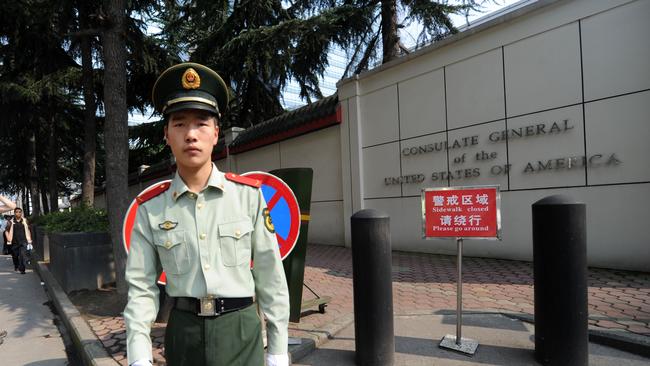
China said Friday it had revoked the license for the US consulate in the southwestern city of Chengdu, in retaliation for the closure of China’s Houston consulate earlier this week.
The move is a “legitimate and necessary response to the unreasonable measures by the United States”, the foreign ministry said in a statement.
“The current situation in China-US relations is not what China desires to see, and the US is responsible for all this,” the statement said.
Tensions have been escalating on multiple fronts between the world’s two biggest economies, deteriorating further after Washington ordered the closure of the Houston consulate on Tuesday within 72 hours.
China had threatened to retaliate if the US did not withdraw its decision. The Chengdu consulate was established in 1985, and has around 200 staff with approximately 150 locally hired Chinese staff, according to its website.bys/rox/jah
Chinese consulate staff ‘tried to steal scientific secrets’
Diplomats at the Chinese consulate in Houston were trying to steal and procure scientific research and send dissidents back home, according to US investigators.
The consulate was given 72 hours to close late on Tuesday with the authorities accusing Beijing of espionage, violating American sovereignty and “intimidation of our people”. The US may now turn its focus on the consulate in San Francisco, which prosecutors allege is harbouring a military researcher wanted by the FBI for questioning about intellectual property theft.
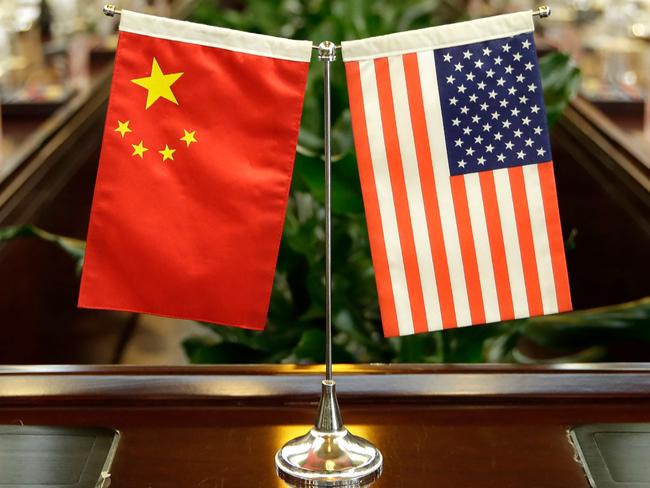
The moves mark the latest deterioration in what is now a completely acrimonious relationship.
A clearer picture emerged on Thursday of why the US had moved so abruptly to close the Texas consulate. Diplomats among the 60 staff were trying to steal medical research and other sensitive information from institutions in the region, according to an internal document leaked to The New York Times. They also drew up a scheme to cajole more than 50 researchers and academics to hand over research to China.
In addition, staff at the consulate were seeking Chinese citizens in the US deemed fugitives in an effort to coerce them back to China, the document said.
“The US accusations are groundless fabrications,” the Chinese embassy in Washington said in a statement.
During a news conference on Wednesday evening, US President Donald Trump said it was “always possible” that his administration would close more Chinese missions, and questioned why officials were seen burning papers in large metal barrels in a courtyard of the consulate after the closure was ordered.
There are six further Chinese diplomatic missions in the US: the embassy in Washington, an office at the United Nations in New York, and consulates in New York, Los Angeles, San Francisco and Chicago.
The San Francisco consulate is harbouring a Chinese researcher who fled there on June 20 after being quizzed by the FBI about visa fraud, according to court papers submitted on Monday.
Tang Juan came to the US on an educational exchange visa and was a researcher at the University of California, Davis. On her visa application, she said she did not have any affiliation with the People’s Liberation Army, the Chinese military. However, US investigators established that she actually worked at the Air Force Military Medical University, a university affiliated to the PLA, and was therefore deemed to be an active member of the military.
The FBI searched her home and found evidence of her links with the PLA. Ms Tang is suspected of moving to the US with the aim of stealing researchers’ intellectual property for the Chinese government.
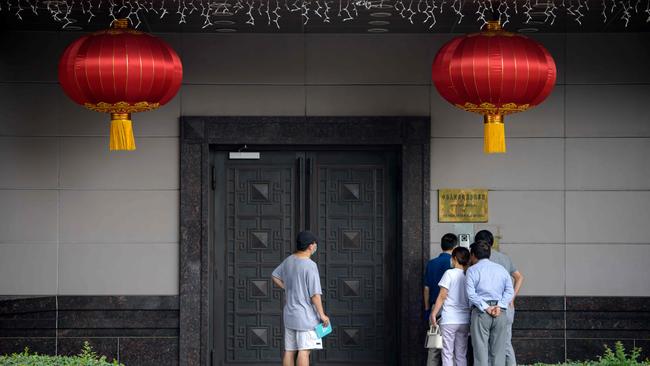
Minyao Wang, a lawyer specialising in intellectual property cases related to China, told the Axios news website, which uncovered the court submission, that it was “highly unusual for a Chinese diplomatic post to associate so closely with a suspect in an intellectual property theft-related case”. He added: “Sheltering a defendant by using the diplomatic immunity of a consular building, if true, is really extraordinary.”
The court papers said that Ms Tang’s presence in the US was “part of a program conducted by the PLA … to send military scientists to the United States on false pretences with false covers or false statements about their true employment”.
Using a diplomatic facility to shelter someone accused of a federal crime would represent another grave blow to the relationship between the US and China. Although Mr Trump has previously expressed admiration for President Xi, the countries have clashed repeatedly since coronavirus spread around the world from Wuhan, especially over China’s imposition of a security law in Hong Kong, its territorial claims in the South China Sea, and the repression of Uighur Muslims in the western province of Xinjiang.
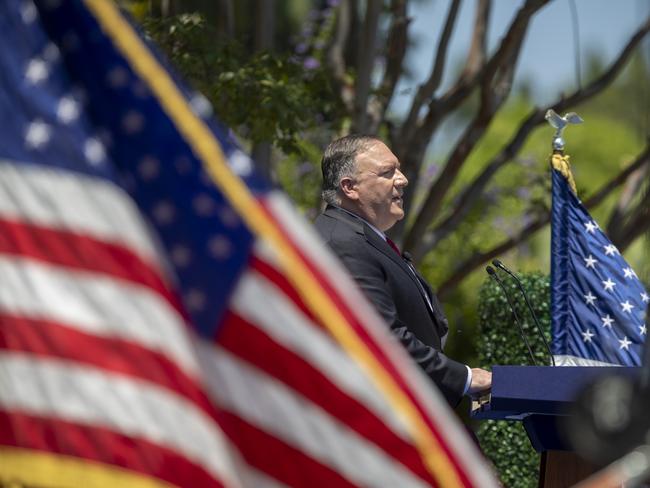
In a speech on Thursday Mike Pompeo, the secretary of state, accused Mr Xi of being a “true believer in a bankrupt totalitarian ideology” and called on the Chinese people to alter the direction of their ruling Communist Party.
Mr Pompeo said that China’s rulers “fear the Chinese people’s honest opinions more than any foreign foe”, adding that the US “must also engage and empower the Chinese people”.
The venue for Mr Pompeo’s speech was the Richard Nixon presidential library and museum, near Los Angeles, a choice with historical resonance because President Nixon visited China in 1972 as the first step in normalising diplomatic ties between the US and China.
Before then the US had recognised the government of the Republic of China in Taiwan as the true Chinese government.
Beijing has threatened to retaliate against Washington’s increasingly assertive approach. According to the South China Morning Post, the Chinese government is considering closing the US consulate in the southwestern city of Chengdu, one of five consulates on the Chinese mainland.
The Chengdu consulate, which opened in 1985, is especially important because it covers the Tibet autonomous region.
The Times

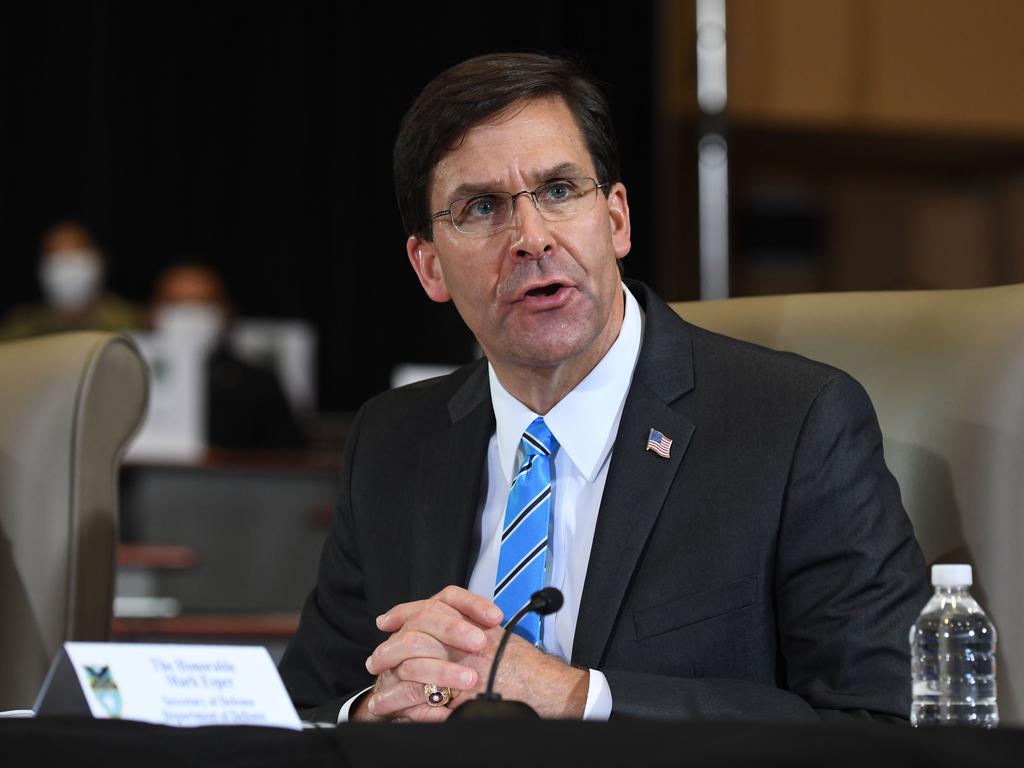
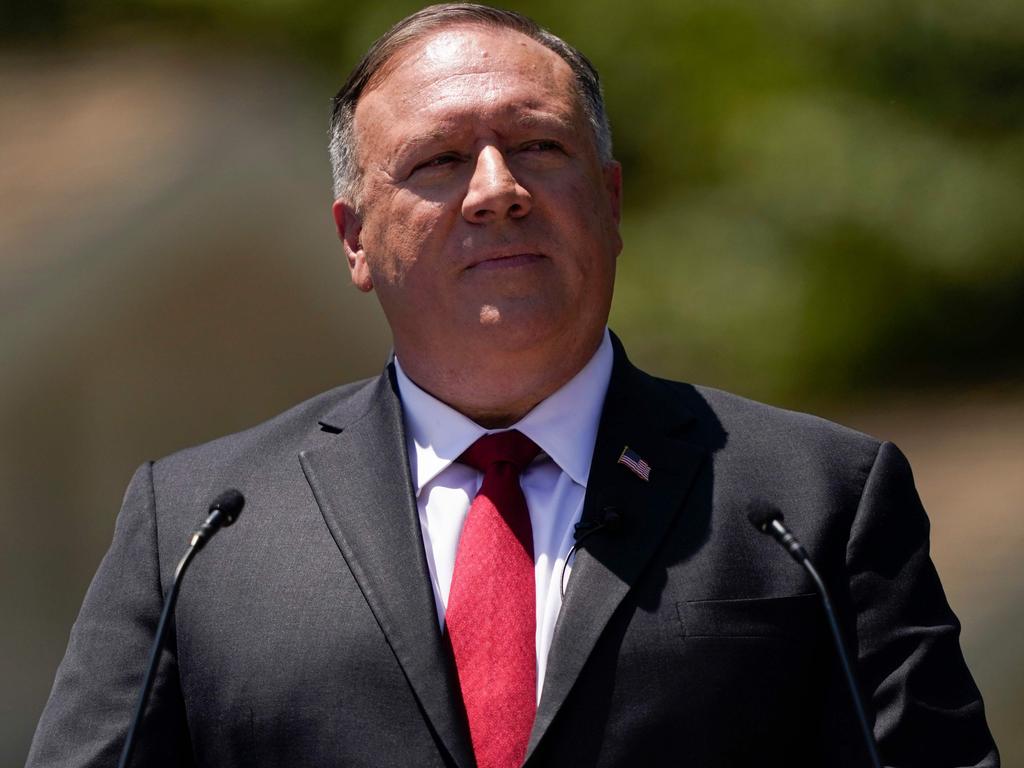
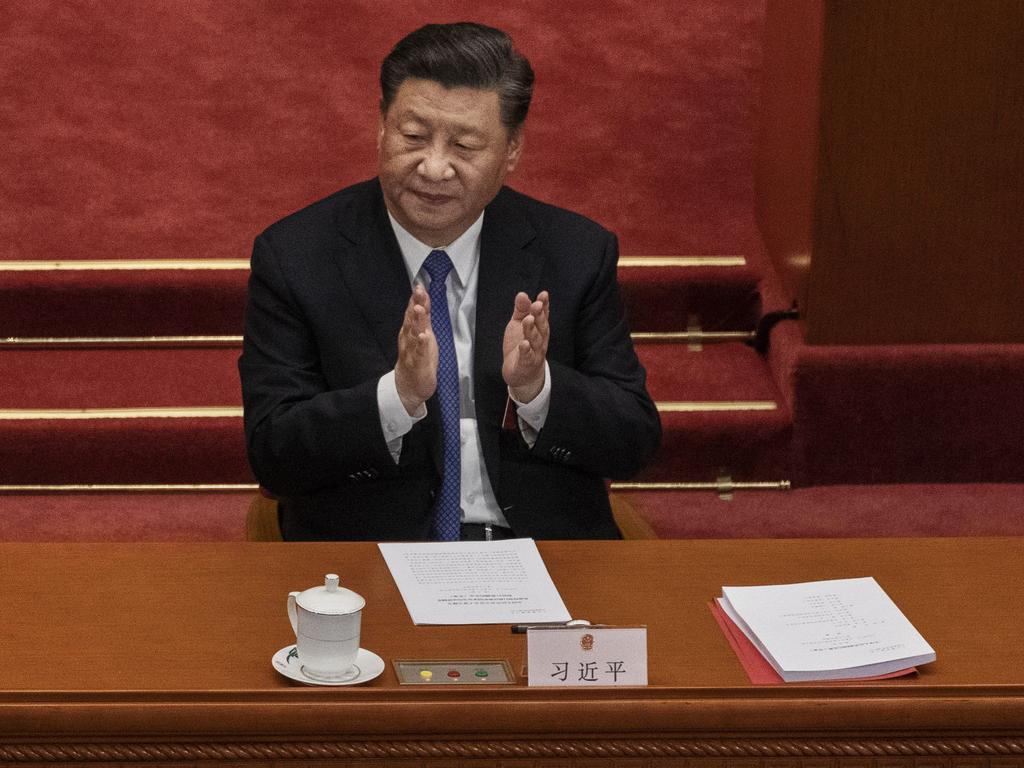



To join the conversation, please log in. Don't have an account? Register
Join the conversation, you are commenting as Logout